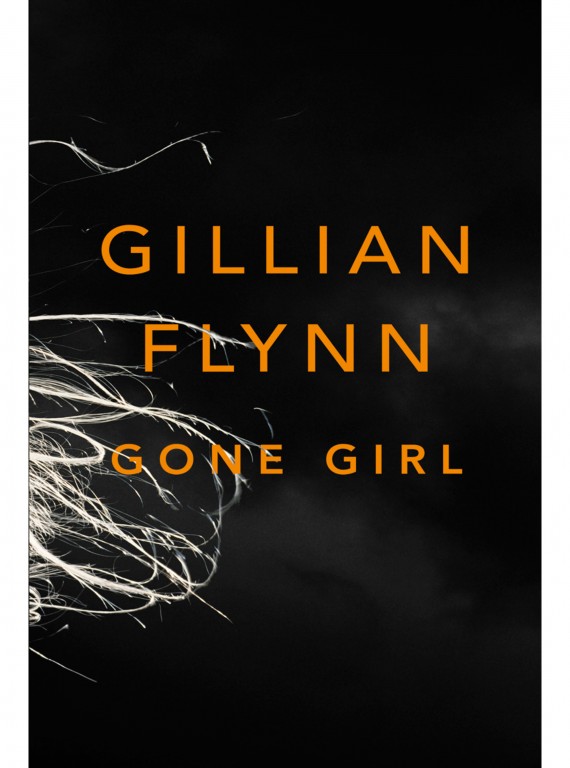Our book choice for March 2013 is Gone Girl by Gillian Flynn. On a warm summer morning in North Carthage, Missouri, it is Nick and Amy Dunne’s fifth wedding anniversary. Presents are being wrapped and reservations are being made when Nick’s clever and beautiful wife disappears from their rented McMansion on the Mississippi River.
On their fifth wedding anniversary, Nick Dunne returns home to find his wife Amy missing. Amy’s fame as the inspiration for her parents’ Amazing Amy children’s books ensures widespread press coverage. The police quickly focus their investigation on Nick, who has a history of financial problems and a recent affair.
As the police investigation intensifies, Nick’s story becomes increasingly unreliable. He is evasive and contradictory, and his alibi for the night of Amy’s disappearance is shaky. The media takes an increasingly hostile view of Nick, and he is soon vilified as the prime suspect in his wife’s disappearance.
Meanwhile, Amy’s diary entries provide a glimpse into her troubled marriage. She describes Nick as a controlling and abusive husband, and she reveals that she has been planning her own disappearance for some time. As the diary entries become more and more damning, it becomes clear that Amy is not the innocent victim she appears to be.
The story is told from two alternating perspectives: Nick’s and Amy’s. This allows the reader to see the events of the story from both sides, and it creates a sense of suspense and uncertainty. The reader is never sure who to believe, and this ambiguity is one of the things that makes Gone Girl such a gripping read.
Gone Girl is a complex and suspenseful novel that explores the dark side of marriage. It is a story about love, betrayal, revenge, and the lengths that people will go to to get what they want. The novel is also a social commentary on the media’s role in sensationalizing crime stories and creating public opinion.
Gone Girl was a critical and commercial success, and it was adapted into a successful film in 2014. The novel has been praised for its suspenseful plot, its complex characters, and its sharp social commentary. Gone Girl is a must-read for fans of psychological thrillers and domestic noir.
Here are some additional thoughts on the book:
- The novel’s unreliable narrators are one of its most effective elements. The reader is constantly second-guessing themselves as they try to figure out who to believe.
- The novel’s exploration of marriage is both fascinating and disturbing. It shows how easily love can turn to hate, and how even the most seemingly perfect marriages can be hiding dark secrets.
- The novel’s social commentary is sharp and insightful. It shows how the media can sensationalize crime stories and create public opinion.
Discussion Questions for Gone Girl
- We are introduced to many different ‘Amys’ over the course of the book. What roles do they occupy in the narrative? Is Nick similarly presented?
- How did your feelings towards the characters change as the story unfolded? Were you sympathetic towards any of the characters?
- What did you think of the alternating voices in each chapter? Why did Gillian use this format?
- What role did the media play in the book?
- What lessons, if any, does ‘Ozark Amy’ learn from her experiences? What does her swim in the pond represent?
- What did Nick’s father represent?
- Are you impressed by Flynn’ critique of society’s fetishization of unconditional love? Do you agree with Amy’s argument that it is ultimately self-defeating?
- Despite hints of violence laced throughout the book, the only actual violence occurs unexpectedly with very few details. How did this choice contribute to the tone of the book?
- Is this a thinly-veiled wink on the part of the author subverting expectations around gender roles? Or does it ultimately reinforce the stereotype of manipulative women getting away with murder?
- What is Gillian saying about human intimacy? How does Nick’s relationship with Amy compare to his relationship with Go?
- Do you agree with the protagonists’ ultimate conclusion: they bring out the best in each other?
Individual Ratings
DKB Rating 




EmmaJ Rating 




Catherine Rating 




Miranda Rating 





